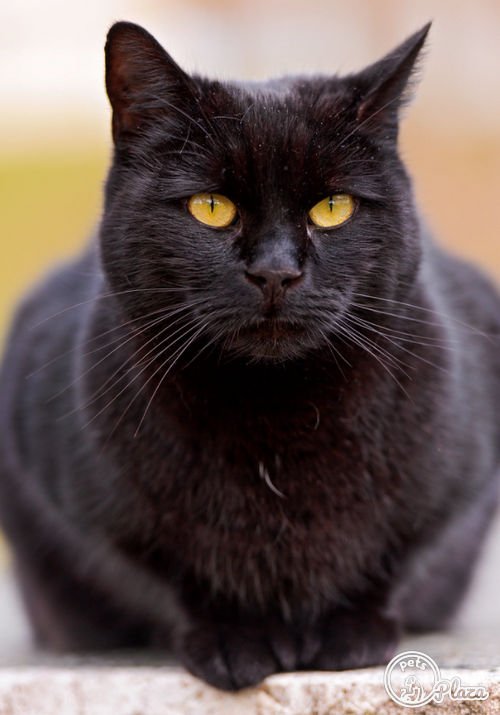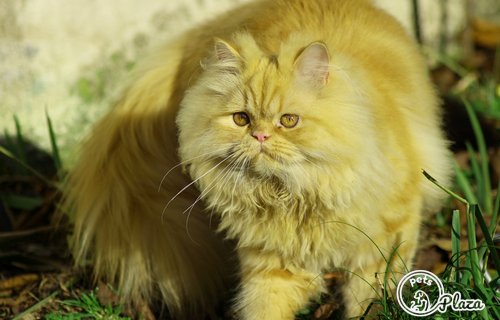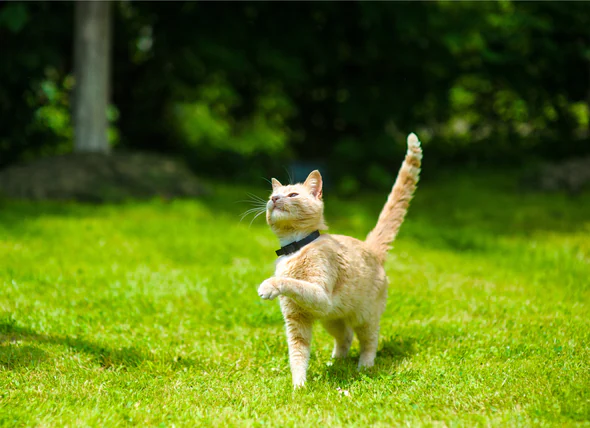- Stereotypes about cats and their personalities abound—calicos are feisty, orange tabbies are laid again.
- The Cat Fanciers’ Affiliation has even put collectively a Breed Personality Chart. The issue with stereotypes is that when a person, they are usually unsuitable as usually as they’re proper.
- Enter science. Analysis into cat persona varieties appears to be the subject du jour.
- The Daily Mail studies {that a} examine involving “interviews” of greater than 200 cats and their homeowners, run by Dr. Lauren Finka of the College of Lincoln in England, reveals that cats have solely 5 persona varieties.

These personalities develop attributable to “a fancy interplay between every cat’s genetics and their experiences throughout growth and in maturity,” the article states. To cite:
- The Human Cat is mostly blissful to share your property, your life and infrequently your private house.
- The Hunter Cat is essentially the most feral of the personalities, repeatedly interacting with practical cat toys and displaying indicators of an skilled hunter.
- You’ll be able to determine a Cat’s Cat by way of its willingness to play with and groom its furry siblings, touching noses and rubbing up towards one another.
- The Cantankerous Cat is extra simply pissed off than his 4 counterparts and might be much less tolerant to being dealt with, attributable to being fairly delicate to the touch, their setting and being on excessive alert.
- The Inquisitive Cat is usually a eager investigator, sniffing round something and anybody unfamiliar.
- Scientists on the College of South Australia took a special strategy and used a questionnaire that included 52 persona traits.
- They analyzed 2,802 cats and recognized “a set of 5 main persona elements.”
- Based on their 2017 report, Cat Tracker South Australia: Understanding Pet Cats Through Citizen Science, the “Feline 5” traits are skittishness, outgoingness, dominance, spontaneity, and friendliness.
- Cat homeowners who accomplished the persona check questions throughout the survey acquired a “cat persona report.”
These studies “outlined their cat’s persona profile and offered some steering on how this info could possibly be used to make choices about cat administration.” That is what their common solutions regarded like:
Skittishness
- Cats with excessive scores could profit from having hiding spots at residence. You may additionally think about whether or not there could possibly be one thing in your cat’s setting that’s stressing your cat.
- Low scores could replicate that your cat is properly adjusted to its setting.
Outgoingness
- Cats with excessive scores could profit from extra toys and playtime.
- Cats with low scores are unusual, however could also be displaying indicators of growing older or associated well being points.
Dominance
- Cats with excessive scores could expertise difficulties being round different cats, each in your house and in your neighborhood.
- Cats with low scores could alter properly to being in multi-cat households.
Spontaneity
- For cats with excessive scores, think about whether or not your cat could possibly be reacting to one thing anxious in its setting.
- Cats with low scores could replicate that they’re properly adjusted to their setting and will get pleasure from routine.
Friendliness
- Cats with excessive scores could alter properly to different folks and animals within the residence.
- Cats with low scores could have a solitary nature or they could be poorly socialized. If unfriendly habits is uncommon on your cat, it could point out frustration, ache, or sickness.
The Cat Tracker workforce in america has since launched its personal model of the personality survey.
Scientists at North Carolina State College are utilizing the responses to “be taught extra about cats, their behaviors and personalities, and their relationships with their homeowners.”



